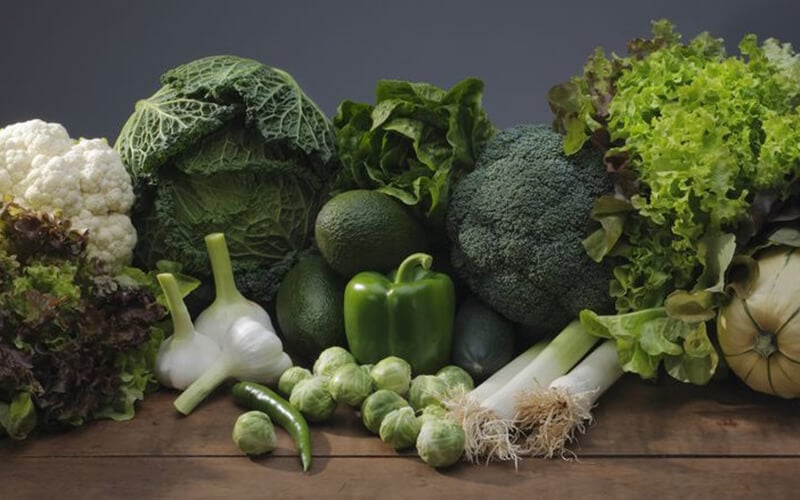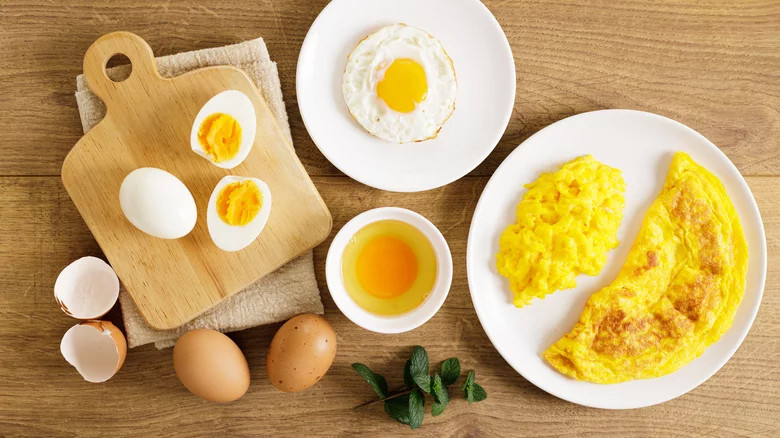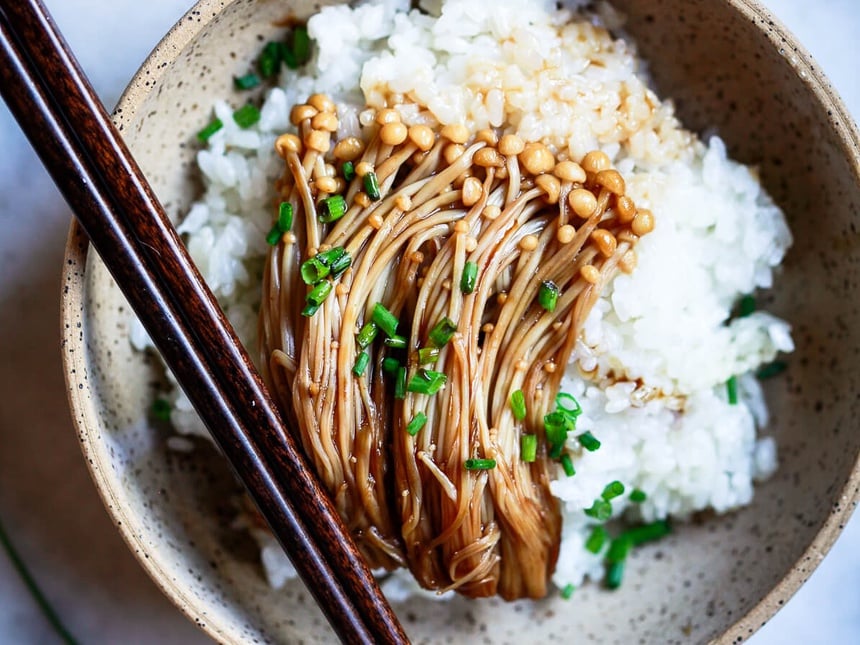Premature greying of hair can be a sign of various underlying issues. The most common factors contributing to this phenomenon include genetic predisposition, psychological stress, smoking, vitamin B12 deficiency, and excessive exposure to UV rays…
Among the foods we consume daily, some are dubbed “superfoods” for their myriad health benefits. These foods are packed with essential nutrients that help our bodies function optimally. Some superfoods can even significantly improve premature greying hair.
Green Leafy Vegetables
Green vegetables, such as spinach, kale, broccoli, cauliflower, and collard greens, are rich sources of iron, folate, vitamins, calcium, and other nutrients vital for hair health.
Green leafy veggies offer an abundance of iron, folate, vitamins, and calcium, along with other beneficial nutrients, all of which contribute to stronger and healthier hair.

Green Vegetables: Packed with Iron, Folate, Vitamins, and Calcium
Dark Chocolate
Dark chocolate, a renowned superfood, boasts a high nutritional profile and is packed with antioxidants. These antioxidants can detoxify the body of toxins that may lead to premature greying. Additionally, dark chocolate is rich in copper, a mineral essential for melanin production.
Dairy Products
Dairy items like milk, cheese, and yogurt are excellent sources of vitamin B12, calcium, protein, and other vital nutrients that promote melanin formation. Yogurt, in particular, stands out for its high antioxidant content.
Eggs
Eggs are a protein-rich food, essential for maintaining strong and healthy hair. They also contain high levels of vitamin B12, a deficiency of which can lead to premature greying. Nutritionists recommend consuming whole eggs for optimal benefits, rather than just the yolk or the whites.

Eggs: A Rich Source of Protein for Healthy Hair
Soybeans
Soybeans are a versatile and popular choice for plant-based protein among vegetarians and vegans. In addition to their high protein content, soybeans offer a host of other beneficial nutrients. Fermented soybean products are especially noteworthy for their provision of important antioxidants, which combat the oxidative stress that can lead to unwanted greying.
Lentils
Lentils are an excellent source of vitamin B9 and other nutrients that support healthy hair. Their versatility in the kitchen makes it easy to incorporate them into various dishes, enriching your daily diet.
Mushrooms
Mushrooms are rich in copper, a mineral crucial for the body’s production of melanin. Melanin is the pigment that determines the color of our hair and skin. A decrease in melanin production can result in premature greying.

Mushrooms: Abundant in Copper for Melanin Production
Fermented Foods
Fermented foods are beneficial for those dealing with premature greying. Products like kombucha, kimchi, pickled vegetables, and other probiotic foods support efficient digestion.
Improved digestion contributes to increased biotin levels in the body. Biotin plays a direct role in maintaining healthy hair, skin, and nails.
Protein-Rich Foods
Consuming protein-rich foods, including cereals and meat, can boost melanin production. A lack of protein can cause your hair to lose its natural color. Top protein-rich foods include spinach, buckwheat, chicken, oatmeal, and millet.
Vitamin-Rich Foods
Vitamin B, found in green leafy vegetables, bananas, tomatoes, and yogurt, helps the body produce more sebum, a natural oil that nourishes the hair.
Eating foods rich in vitamin A, such as dark green vegetables and orange fruits, can also help prevent premature greying. Additionally, drinking milk regularly can aid in maintaining your natural hair color.
Salmon
Salmon is known for its abundant omega-3 fatty acid content. Omega-3 helps maintain a healthy scalp, which is crucial as a dry scalp can cause your hair to lose its luster. Other sources of omega-3 include seaweed, fresh fruits and vegetables, and oils from nuts and seeds.
Nutritional deficiencies are often the culprit behind premature greying. Incorporating the aforementioned foods into your diet can help ensure your body receives the nutrients it needs. In addition to a nutritious diet, experts also recommend paying attention to your daily habits and lifestyle.
Premature greying is often associated with habits such as smoking, excessive sun exposure, or other environmental factors. To protect your hair health, it’s important to reflect on and adjust these lifestyle behaviors.
Striving for a balanced and nutritious diet is key to improving overall health, including the health of your hair.
In addition to a healthy diet, supplementing with vitamins and minerals can help ensure your body has all it needs to function effectively.





































